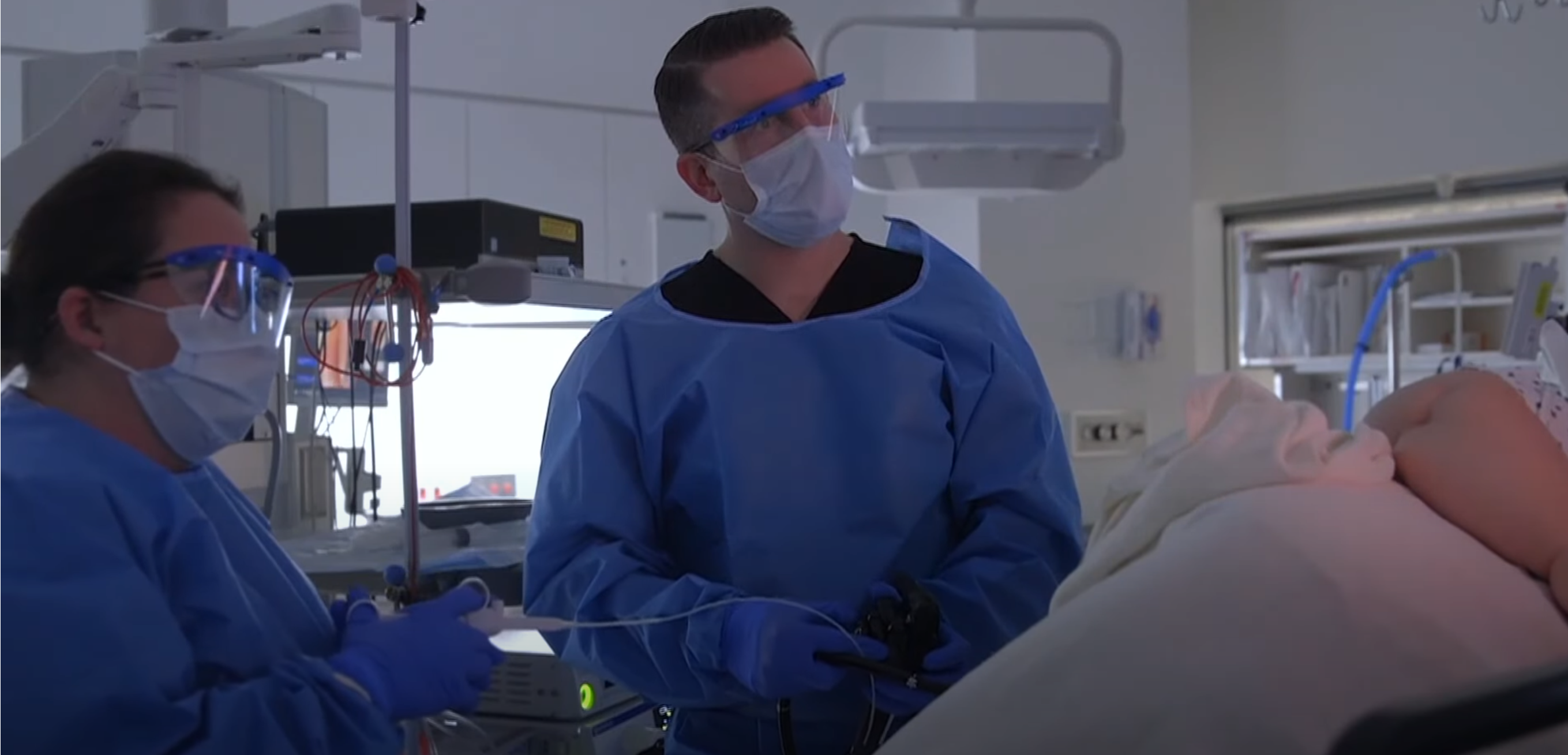You SHOULD NOT get a stool or blood test for Colorectal Cancer Screen. Instead, we STRONGLY recommend COLONOSCOPY as the #1 preferred test to detect and prevent early colon cancer and pre-cancer.
When it comes to safeguarding your health, particularly in detecting and preventing colorectal cancer, you want the most reliable tools and methods available. While stool tests and blood tests may seem like convenient, less invasive options, they often fall short of providing the comprehensive insights you can gain from a professional colonoscopy. Here’s why a colonoscopy remains the gold standard for colorectal health and why it’s worth considering over other testing methods.
The Limitations of Stool Tests
Stool tests, such as the fecal immunochemical test (FIT) and stool DNA tests like Cologuard, are commonly marketed for their convenience. While these tests are indeed non-invasive and can be performed in the comfort of your home, they come with SEVERE LIMITATIONS such as
- False Negatives and Missed Diagnoses: Stool tests primarily detect signs of blood or abnormal DNA in stool samples, which may indicate cancer or advanced polyps. However, smaller polyps or lesions that don’t actively bleed often go undetected. This can lead to significant false negatives, providing a false sense of security. Few people know that the COLOGUARD FAILS TO DETECT over 75% of precancerous polyps. Rather than protecting you from colon cancer, you are left with a false sense of security. What happens if (1) of the polyps Cologuard missed turns cancerous?
- False Positives: On the flip side, stool tests can sometimes return false positives, detecting abnormalities that aren’t actually cancerous. So now you have to get a colonoscopy anyway because you won’t know whether in fact you have anything serous unless you do. This often leads to unnecessary anxiety and additional testing—most commonly, a colonoscopy.
- Limited Scope: Stool tests don’t provide a direct visual of the colon and rectum, which means they can’t detect flat or sessile polyps that might not shed detectable cells or blood into the stool.
- Frequency of Testing: Stool tests must be performed regularly (annually for FIT or every three years for stool DNA tests), requiring repeated compliance and diligence. A colonoscopy, on the other hand, is typically needed only once every 10 years for average-risk individuals.
The Drawbacks of Blood Tests
Blood tests, such as those that measure circulating colon cancer tumor DNA (ctDNA), are still in development and not widely adopted for colorectal cancer screening. While they offer promise as a non-invasive option, they are far from perfect. In fact, blood tests for colon cancer can be even less accurate than stool tests, once again giving you a false sense of security.
- Lack of Sensitivity: Current blood tests often fail to detect early-stage cancers or pre-cancerous polyps, which are critical to identify for effective prevention.
- Limited Diagnostic Use: Blood tests are primarily used to monitor treatment in individuals already diagnosed with cancer rather than serving as reliable first line tools for early detection of colon cancer.
- No Preventive Capability: Unlike a colonoscopy, which allows for the removal of polyps during the procedure, blood tests are diagnostic only. They can’t prevent the progression of polyps to cancer. Once again, a colonoscopy will be required to actually remove the suspected polyp. You have to undergo a colonoscopy anyway.
Why Colonoscopy is Superior to Stool and Blood Based Screening Tests
A colonoscopy offers unmatched accuracy and preventive potential, making it the gold standard for colorectal cancer screening:
- Direct Visualization: During a colonoscopy, a gastroenterologist examines the entire colon and rectum using a flexible camera. This allows for the detection of even the smallest abnormalities, including flat or sessile polyps that stool and blood tests often miss.
- Polyp Removal in Real-Time: One of the most significant advantages of a colonoscopy is its dual diagnostic and therapeutic capability. Polyps can be removed on the spot, effectively stopping cancer before it starts.
- Comprehensive Results: A colonoscopy provides definitive results. Unlike stool or blood tests, which may require follow-up procedures, a single colonoscopy can provide a full assessment of your colorectal health.
- Longer Screening Intervals: If your colonoscopy results are normal, you may not need another screening for up to 10 years, offering peace of mind and convenience.
Overcoming Fear and Misconceptions
It’s understandable that many people feel apprehensive about undergoing a colonoscopy due to perceived discomfort or embarrassment. Many patients I see have misconceptions about colonoscopy that has them unsure or anxious about the test. Recent years have seen dramatic technological advancements that have made the procedure completely comfortable, safe and more accurate. Modern day anesthetics ensure a quick and painless experience, and the preparation process has improved significantly over the years.
Final Thoughts
While stool and blood tests may seem appealing due to their simplicity, they cannot match the diagnostic precision, preventive power, and long-term benefits of a professional colonoscopy. The last thing you want is to be left with a false sense of security. If you’re due for colorectal cancer screening, consider opting for a colonoscopy—the most reliable and accurate way to protect your health and gain peace of mind.
At the Center for Health and Cancer Prevention, we’re committed to providing expert care and guidance to help you stay ahead of colorectal cancer. If you have ANY questions or concerns you’d like addressed, give us a call directly at 757-412-4919. Sometimes a simple question or concern can prevent someone from getting screening and possibly saving their life. I’m happy to discuss any issues or questions you may have about colonoscopy. Our practice is designed to be ‘easy access’ and an information resource for health and cancer prevention. We have been in the practice of colonoscopy for over 43 years with over 50,000 procedures combined experience. Schedule your colonoscopy today and take a proactive step for your health and longevity.
– Dr. Keith Berger, M.D.






